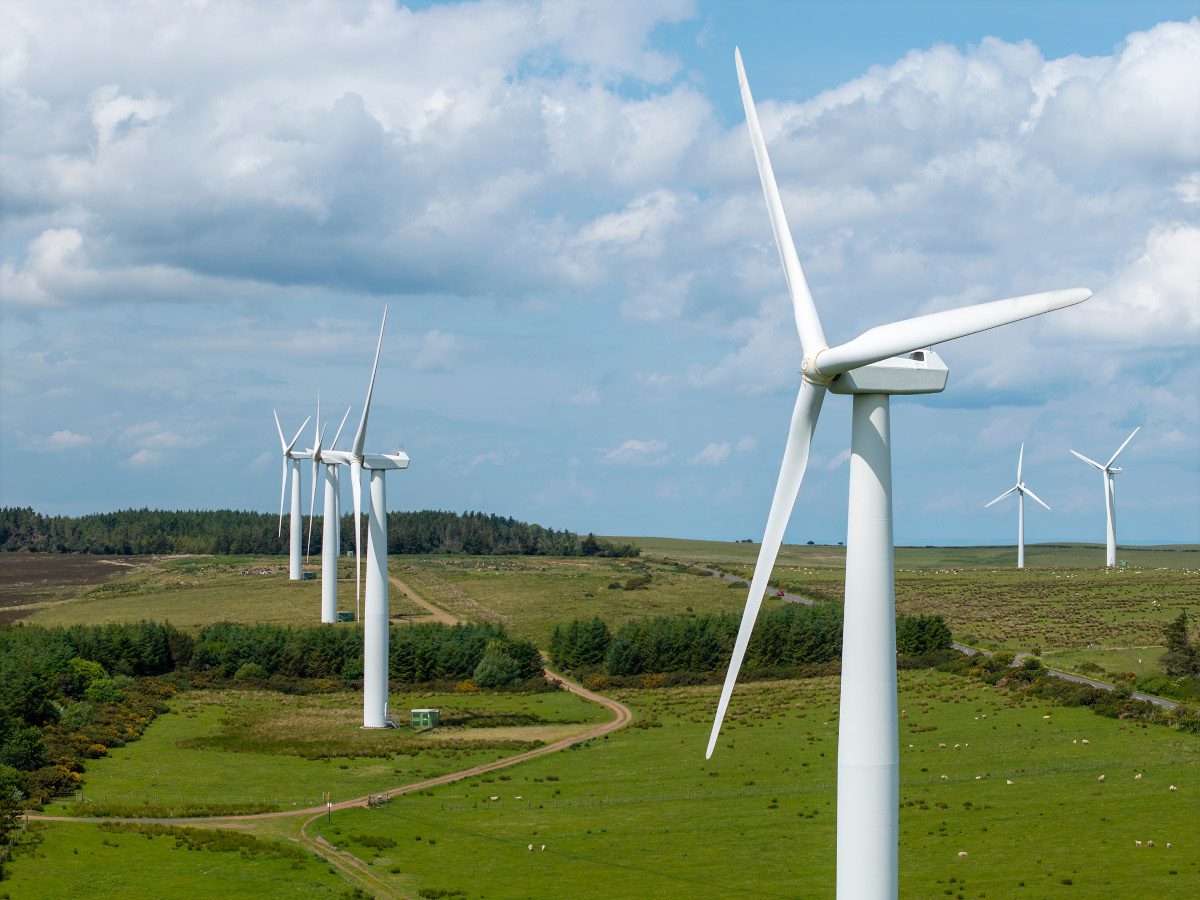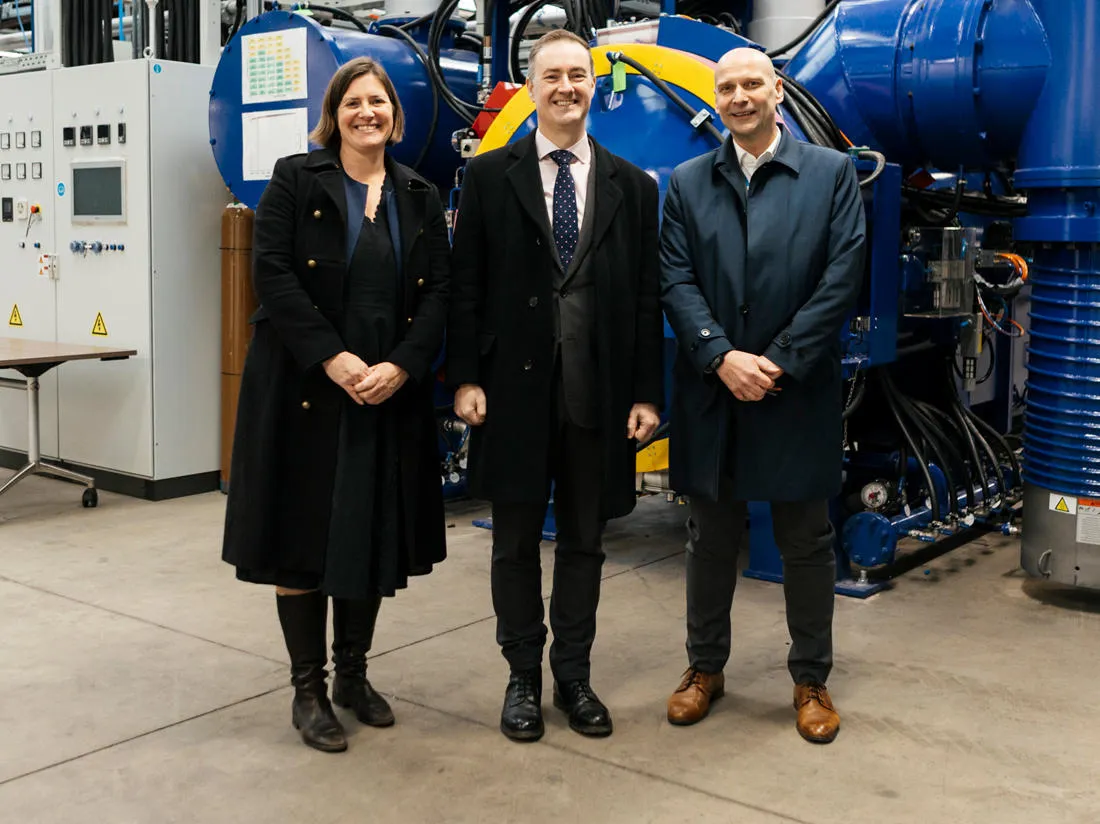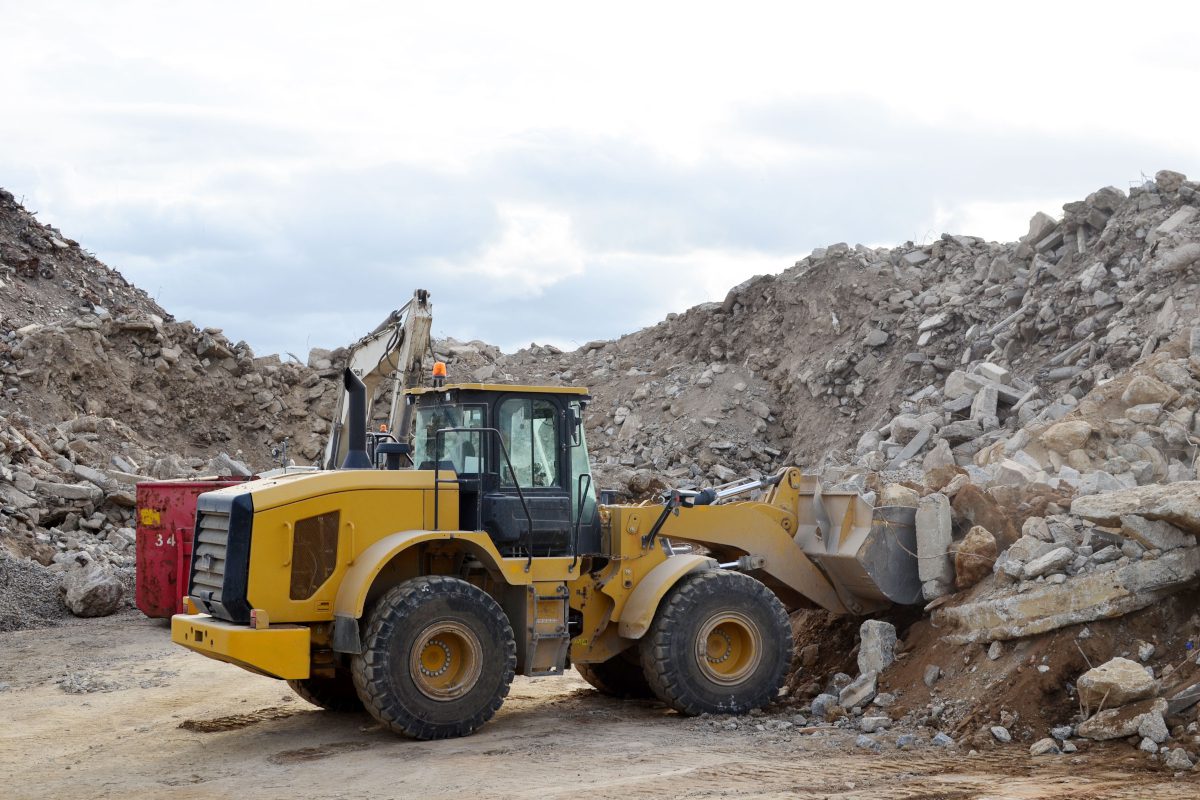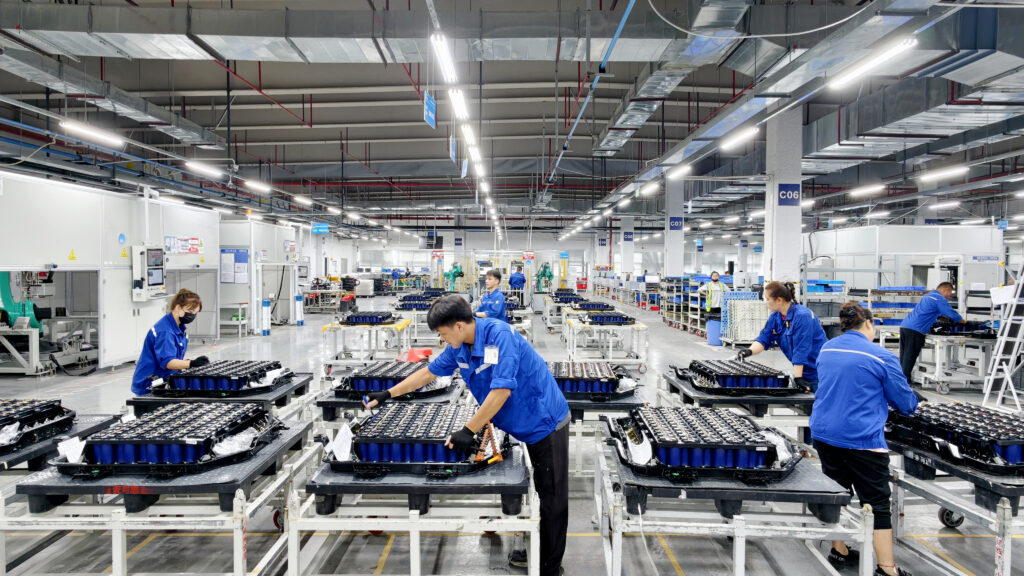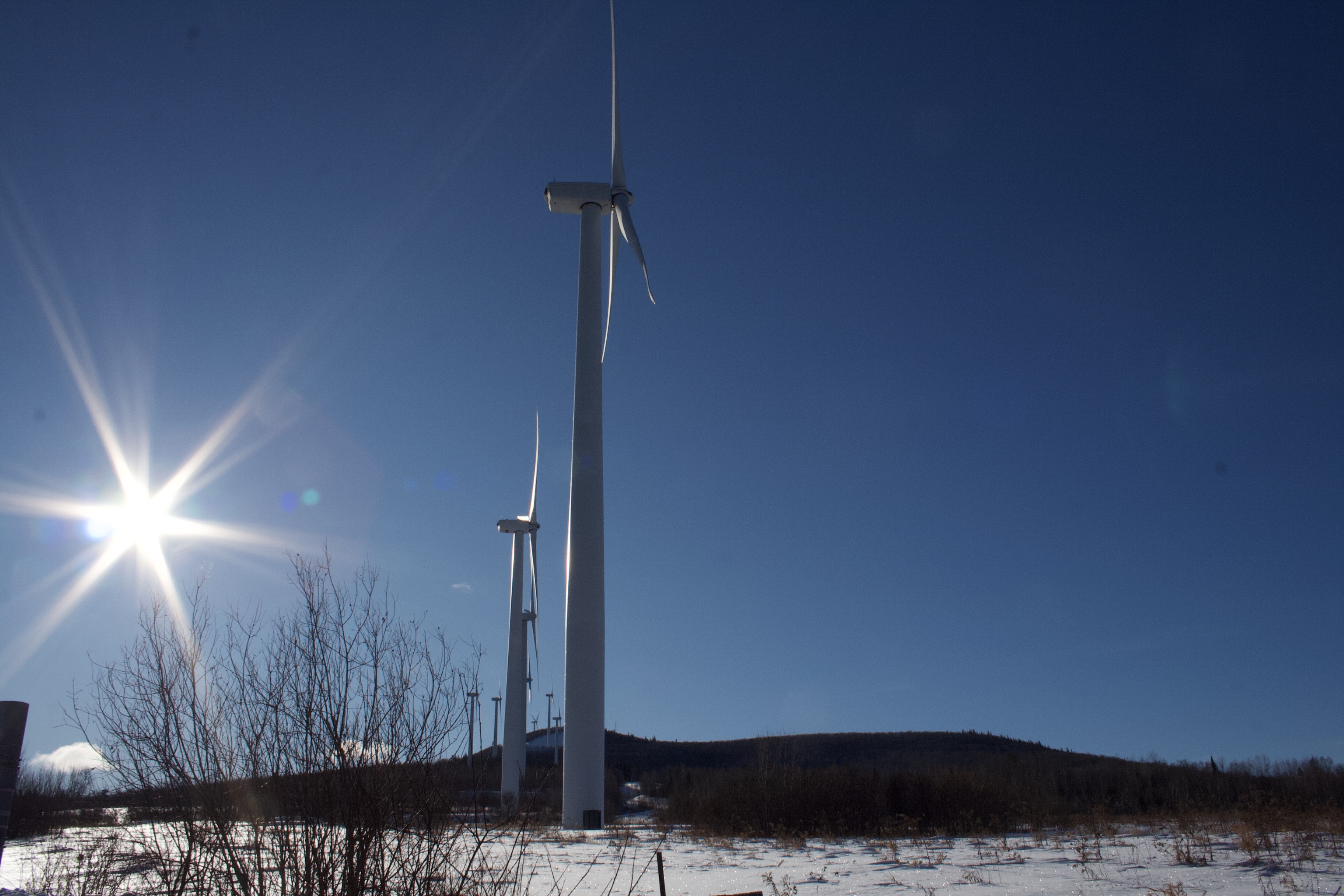The UK’s energy-from-waste (Efw) sector could be carbon negative by 2035 if Carbon Capture and Storage (CCS) technology is deployed rapidly, according to a new report from Baringa, commissioned by EfW operator enfinium. Additionally, the findings appear to reveal that applying CCS to EfW facilities will be necessary for UK power generation to reach net-negative by 2040.
The report, ‘Realising the carbon-negative opportunity in the energy from waste sector’,1 highlights that:
- By combining energy from waste with CCS, sometimes known as waste to energy with carbon capture and storage (WECCS), emissions can fall by over 70% by 2035 and go carbon negative as early as 2035 in an accelerated deployment scenario.
- WECCS roll-out could exceed the Climate Change Committee’s energy from waste target for carbon removals, generating up to 10 million tonnes of carbon removals a year by 2040.
- Overall UK power generation emissions will only become net-negative by 2040 if CCS is deployed in energy from waste. Without CCS, energy from waste fleet fossil emissions will remain above 7 million tonnes of CO2 a year.
- Less than 50% of energy from waste facilities need CCS for the sector to go carbon negative by 2035.
Mike Maudsley, CEO of enfinium, said: “Baringa’s report shines a light on how the UK can respond to the Climate Change Committee’s call to accelerate carbon removals on the path to net zero. Even if recycling targets are met, the UK will still generate over 17 million tonnes of unrecyclable waste each year. Scaling up WECCS would turn that challenge into an opportunity, harnessing waste to remove carbon from the atmosphere and helping to realise the UK’s journey to net zero.”
Chris Thackeray, Director and Global CCS Lead, Baringa, commented: “We’re delighted to share our analysis on realising the carbon-negative opportunity in the energy from waste sector. By deploying carbon capture and storage technology at scale on energy from waste facilities, the sector could make a sizeable contribution to UK emissions reductions. Because of the carbon dioxide removal potential of the proportion of biogenic waste, it could be possible for the sector to be carbon negative by 2040. With the right policies, commercial models and investment we can realise the carbon-negative opportunity of EfW and put the net in net zero.”
Energy from waste can produce carbon removals, or ‘negative emissions’, because around 50% of the UK’s unrecyclable waste consists of biogenic materials – such as food, plants and soiled paper – which have already absorbed CO2 from the atmosphere. Capturing and permanently storing this CO2 using CCS prevents it from being released, resulting in a net removal of carbon from the atmosphere.2
Government figures project that over 17 million tonnes of unrecyclable waste will continue to be produced each year into the 2040s.3 Without energy from waste facilities, this waste would go to landfill – which emits twice as many emissions as energy from waste, including methane, a potent greenhouse gas that has 80 times the climate warming effect of CO2.4 Emissions from the waste sector have fallen 66% since 1990 as growing volumes of biodegradable waste have been diverted from landfill.5
The report comes as Dr Alan Whitehead CBE leads a government review into scaling engineered carbon removals. enfinium’s response highlighted WECCS as a vital route to decarbonising unrecyclable waste and delivering large-scale carbon removals. EfW facilities already cut emissions by diverting waste from landfill and supporting a circular economy. Retrofitting them with CCS could enable carbon-negative baseload power and heat—offering a near-term, shovel-ready solution to strengthen energy resilience and meet UK climate goals.
The Climate Change Committee’s Seventh Carbon Budget warned that work to roll out carbon removals in the UK must “accelerate now” if the UK is to achieve net zero – which requires over 35 million tonnes of carbon removals per year by 2050.6
To realise the opportunity, the report identifies five policy actions including ending biogenic waste going to landfill, continued Government support for energy from waste CCS projects, inclusion of carbon removals in the UK Emissions Trading Scheme, and enabling non-pipeline transport such as shipping and rail.
Notes
2 The Intergovernmental Panel on Climate Change states that biogenic matter (of which half of their feedstock is) is carbon neutral at the point of combustion and therefore if you capture that carbon at source it becomes negative. The CCS technology will capture and permanently store underground carbon dioxide that was taken from the atmosphere as the biogenic material grew.




